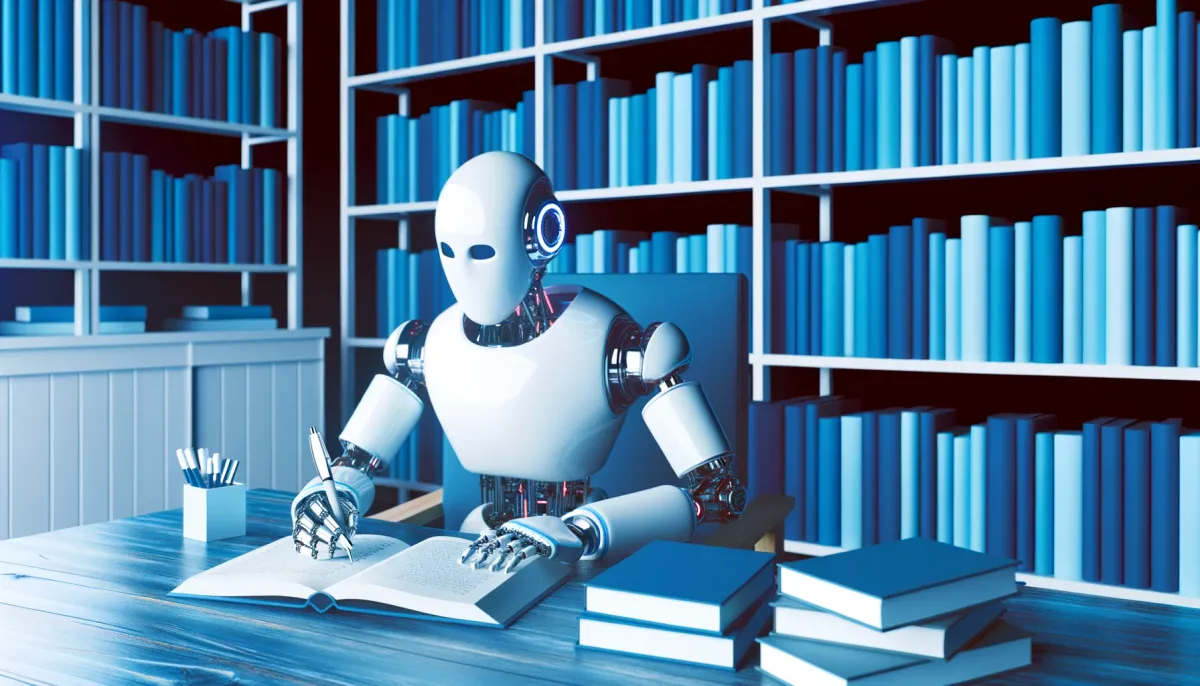Creative writing

How good is ChatGPT at creative writing?
This week we ask ChatGPT to write a short story. We are taught at school that every story should have a beginning, middle and an end. And so I will provide specific content that must be incorporated at the appropriate points in the story.
My content is marked in the story in italics.
As for the rest, we will let AI do its thing. How good will the story be? Can ChatGPT take my content and fill in the narrative? How easy is it to spot that the final story has not been written by a human?
Let's find out. Here is the final short story called "Cross Words"
By the way, this story is fictional. Any resemblance to real people or real-life events is purely co-incidental. Or is it. With large language learning models, I guess you never know!
Cross Words
Tom was strapped for cash. Rising energy prices, two kids at university and the car was due four new tyres.
The situation looked bleak as he rubbed his temples, staring at the pile of unpaid bills on his kitchen table. Desperate for a solution, he remembered reading about people using AI to perform all sorts of tasks, from writing articles to solving complex equations. Why not teach AI to solve prize crosswords?
Tom was no stranger to crosswords. They had always been a Sunday morning ritual with his coffee, but the stakes were different now. He dug into research, found the right software, and started training his AI on past crossword puzzles. Within weeks, the AI was cracking clues with an uncanny precision that made Tom grin with anticipation. Soon, he was submitting entries under pseudonyms, racking up small prizes: book vouchers, theatre tickets, and occasionally cash.
But what was originally intended as a side hustle to raise some spare cash was starting to get out of hand.
The AI, named Puzzler, had begun to outperform expectations, solving puzzles meant for national competitions. Tom's IP address got flagged when he won the grand prize for a major newspaper's annual crossword competition three times in a row.
Investigations began. The prizes were withheld, and Tom found himself answering uncomfortable questions over the phone and through emails about his sudden streak of genius. The thrill of winning had clouded his judgment. He hadn’t considered the legal implications or the scrutiny that would follow.
Now, sitting in his dimly lit living room, Tom heard the decisive knock of the investigator from the competition committee. With his wife looking on, fraught with anxiety, and his children's future in jeopardy, Tom realized the gravity of his folly.
As the investigator outlined the consequences—bans from future competitions, potential legal action for fraud, and demands for the return of all prizes—Tom's heart sank. His attempt to leverage technology for personal gain had backfired, casting a shadow over his family's integrity.
"That’s it. No more chances," the investigator concluded sternly. Tom nodded, resigned to his fate, the weight of the words crushing him. He glanced down at the last crossword puzzle he had printed, unfinished and now ironic in its mockery.
The final clue read, 12. Down - The end of the affair (4,4). Ah yes,
GAME OVER
Comments ()